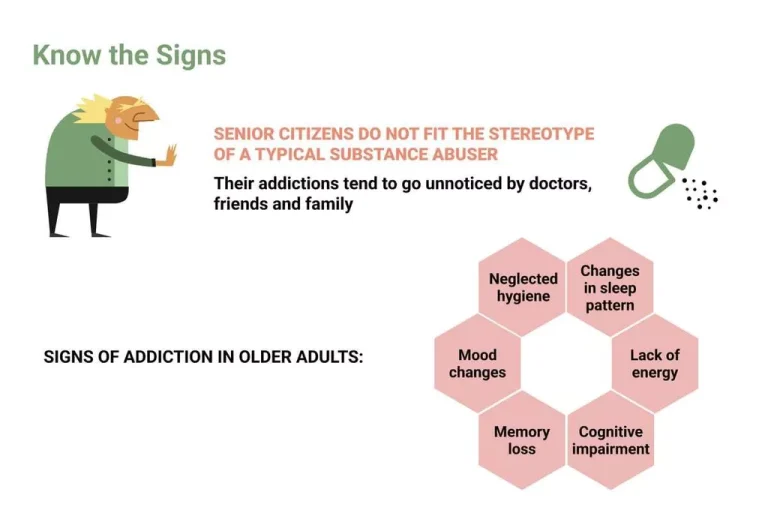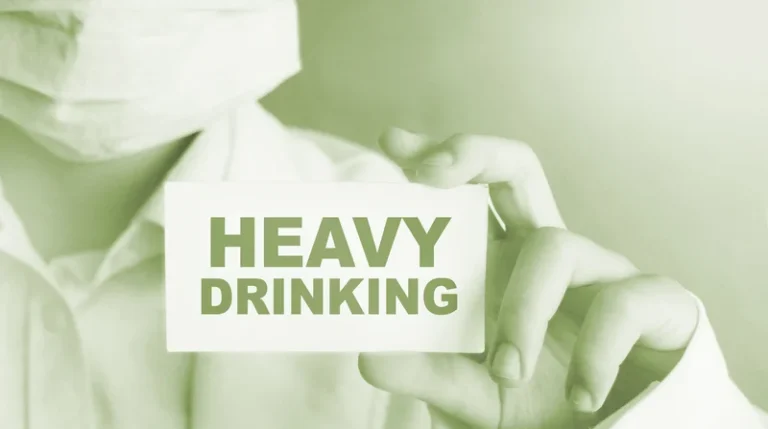
This was the purpose of the first Oxford House established in 1975, and this purpose is served, day by day, house after house, in each of over 2000 houses in the United States today. Residents usually sign a contract or written agreement outlining all of the rules and regulations of living at the sober living home. Sober living homes are known for strictly enforcing rules, and violations usually result in eviction.
Q. Are there Oxford Houses set up for special populations?

Equal Expense Shared (EES) is generally between 80 and 160 dollars a week and includes utilities. Weekly business meetings are mandatory to discuss any issues that the house may be facing. It is at these meetings that checks are written for bills and residents are made aware of where they stand financially. Transitional housing is temporary housing for the working homeless population and is set up to transition their residents to permanent housing. The FY2021 Annual Report provides an overview of the work of Oxford House, Inc.
What Happens if You Relapse in a Sober Living Home?
As part of a comprehensive addiction treatment plan, recovery housing like Oxford Houses can play a crucial role in helping individuals stay in treatment and maintain their sobriety. According to the National Institute on Drug Abuse (NIDA), a stable living environment can significantly improve treatment outcomes. To learn more about the importance of recovery housing, you can read this NIDA article on recovery oxford house sober living housing. A recovering individual can live in an Oxford House for as long as he or she does not drink alcohol, does not use illicit drugs, and pays an equal share of the house expenses. The average stay is a little over a year, but many residents stay three, four, or more years. In general, individuals with a history of vagrancy, incarceration or inadequate social support are at high risk of relapse.
- Rent and the various utilities paid by residents vary by location, but the cost of living in an Oxford House is usually no more than what it would cost to live elsewhere.
- Oxford Houses are democratically self-run by the residents who elect officers to serve for terms of six months.
- Numerous studies have shown that most people who live in sober homes after attending treatment have low rates of relapse and are able to live productive lives.
- Visit the Vanderburgh House website to learn more about their sober homes.
- Q. How much sobriety or clean time is needed before an individual can be accepted into an Oxford House?
Get Help With Addiction
Oxford Houses are self-run, democratic sober living homes for individuals recovering from alcohol and drug addiction. Established in 1975, these homes aim to provide a safe and supportive environment where residents can work together to maintain their sobriety and transition back into the community. Vanderburgh House, a supporter of Sober House Directory, builds sober home communities where residents are supported in their recovery journeys. Vanderburgh House sees a world where every person in recovery has access to a supportive, healthy, and safe home environment built on respect, focused on recovery, and lead by peers. Residents live together as a family to develop the tools and strengthen their character in order to live free from substance abuse.

Q. What is an Oxford House Charter?
Q. How long can one live in an Oxford House?

Tips for choosing a transitional housing or sober living program
- Any recovering alcoholic or drug addict can apply to get into any Oxford House by filling out an application and being interviewed by the existing members of the House.
- Oxford House offers a supportive way of living and opportunities to learn skills in a clean and sober environment.
- Through the department’s Addiction Recovery Program (ARP), we support community-based providers who offer transitional housing services.
- An American Journal of Public Health study compared individuals who lived in a sober living home to those who only received outpatient treatment or attended self-help groups.
- In Oxford Houses, individuals who relapse cannot return until they complete a 28-day rehab program or complete treatment and demonstrate an ability to continually attend support group meetings.
